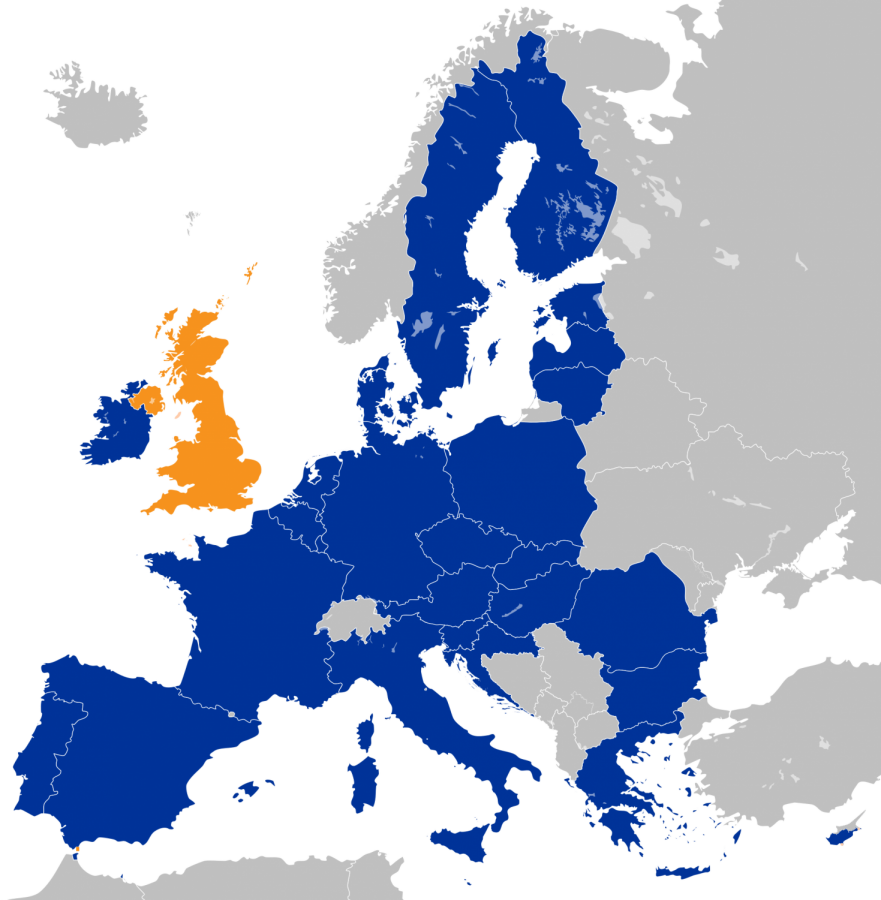Brexit Chaos Continues
An update on the current state of affairs vis-a-vis Brexit
Over the past few months, the United Kingdom has inched steadily closer to departure from the European Union. After voting to leave the 28-member bloc in June of 2016, Great Britain has found itself embroiled in controversy over the best way to proceed. Two years ago, the British Prime Minister, Theresa May, set an exit date for the 29th of March 2019. Since then, her government has worked to negotiate a deal with the European Union. The finalized deal has been widely opposed, by some who would like to see the UK leave the EU without a deal (Brexiteers), and by others who would like Britain to maintain a closer relationship with Europe (Remainers).
In January, the Prime Minister sent her planned exit deal to the British Parliament for a vote. The deal was defeated in the House of Commons by the largest margin ever: 202-432. Earlier this month, Parliament rejected the deal for a second time by a similar margin, leaving May and her government in a difficult position. There are less than two weeks to go before the United Kingdom is scheduled to leave. Should March 29th come and go without any solution to the impasse, the United Kingdom will spiral out of the EU under a no-deal scenario. Many economists and others agree that leaving without a deal would mean economic disaster for Britain, triggering potentially dire consequences for the world economy.
Recognizing this potential danger, Prime Minister May asked Parliament to rule out “no-deal,” which they did on the 14th of March. May then requested Parliament for an extension to the exit date until the end of June, buying her more time to negotiate a deal. However, although Parliament granted consent for such an extension, it is not yet clear whether the EU will agree to do so. Any one of the 27 nations which comprise the European Union could veto the extension. In the latest twist, the Speaker of the House of Commons announced he would not allow a third vote on May’s Brexit deal. This is important because if the European Union rejects the UK’s request for an extension, Britain may have no opportunity to avert a no-deal exit.
A no-deal Brexit would be disastrous for Britain, but would have widespread repercussions for the rest of the world as well. The United States and European economies could face trouble on the horizon if crisis cannot be averted in time.








